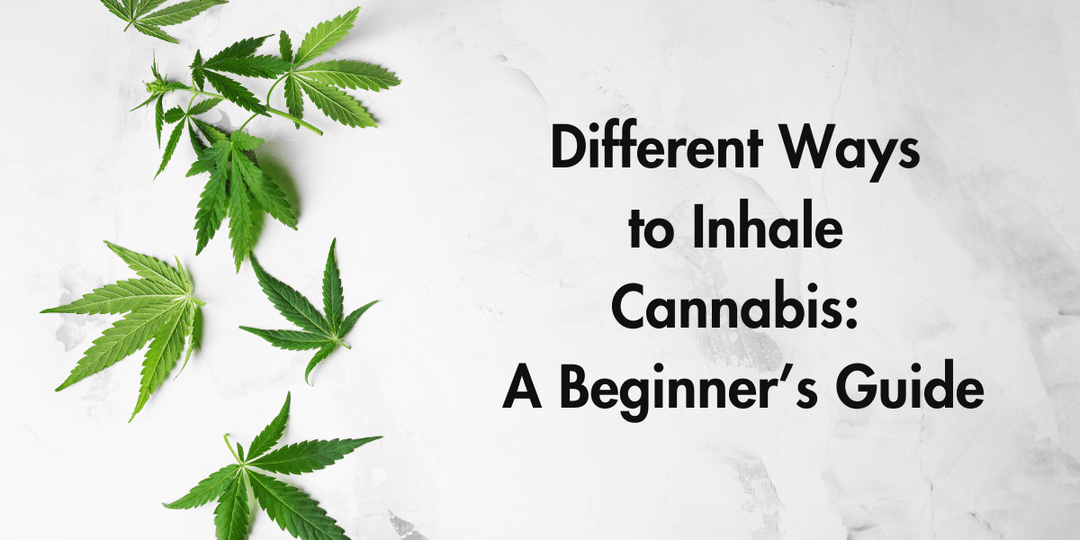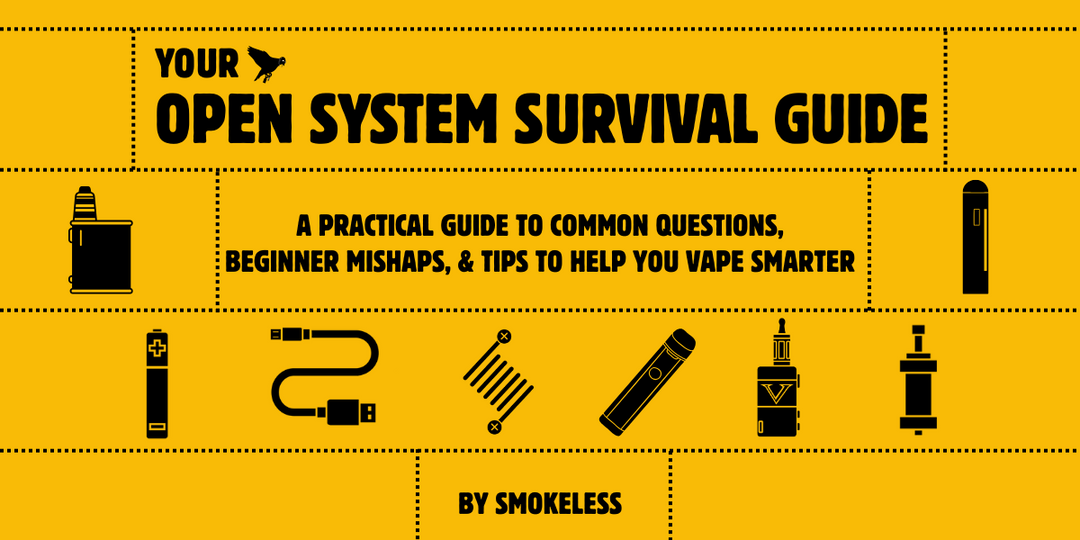Vaping Propaganda Persists Amidst Overwhelming Science

The propaganda is alive and well, even as published study after published study continues to show that vaping is not only a viable alternative to smoking and helps smokers quit; but carries far less risk than its analog alternative. The FDA prevents vape sellers and manufacturers from making direct health claims about vaping.
The Mountain of Evidence
A large skepticism about switching from smoking to vaping has been the lack of long-term research. Just this year two prominent publications shed more light on the questions of critics. One study, conducted by Professor Polosa, who is the Director of the Institute of Internal Medicine and Anti Smoking Center at the University of Catania and an INNCO Global Award recipient, found no lung damage from daily vaping. Another, published in Regulatory Toxicology and Pharmacology (volume 92), went as far as to say it found "no adverse health impact" in volunteers who switched from smoking to vaping. The results were measured over a 2-year period. It states the volunteers showed no signs of heart or lung problems at the end of the trial.
Yet these are just two of the most recent. Back in August of 2015, Public Health England released its findings; stating vaping is 95% safer than smoking cigarettes. The evidence has prompted more and more health groups to endorse vaping as a viable option for smokers looking to quit. In the UK, Public health campaigns have begun to include vaping in its suggested ways to quit. Even the American Cancer Society walked back some of its hardline language against vaping, suggesting that there are credible merits in vaping's potential for smoking cessation and harm reduction.
FDA commissioner Scott Gotlieb talked at length about harm reduction in last summer's announcement. In it, their previously proposed regulations have been delayed while the organization looked further into the science.
Fake News Afoot
In spite of the mounting evidence, misleading reports still manage to grab headlines. Grandiose headlines and misconstrued reports have always gravitated towards the dramatic. It still isn't uncommon for second rate newsblogs and publications to drum up scares over chemicals used in flavoring, or reposting debunked studies.
One such fabrication that gained traction came from a facebook post claiming that the original poster's "friend" had used the newly popular JUUL device and died of cancer within months. This story was obviously untrue and carried no evidence to support the claim; yet the explosive fake news got so popular that videos began appearing showing users smashing their JUULs with hammers. (This is an extremely dangerous action, considering batteries can explode when treated so roughly.)
Lately there has been a rise in short "news" videos showing images and text through video designed to play automatically as someone scrolls down their feed. Numerous fan sites and magazines have started assembling their own videos to keep up with trends. But as pictured below, sometimes the sites get ahead of themselves and favor frenzy over fact:
(Unilad magazine posted this video and then contradicted themselves less than a day later)
The problem, aside from click-bait itself, stems from taking results out of context. Science is complex, and to truly understand the findings of many research efforts one must dig deeper.
A study titled Metal Concentrations in e-Cigarette Liquid and Aerosol Samples: The Contribution of Metallic Coils, prematurely concluded that heavy metals could be found in certain vaping setups when used under certain conditions. The conditions required and documented are well above what even the heaviest vapers with the most powerful devices would use. Yet despite being wildly inaccurate it sent the media into another panic. This is not unlike the Diacetyl and Formaldehyde stories that gained such popularity, still misquoted and misrepresented to this day.
Inaccuracies such as the above have led to a majority of adults wrongly believing nicotine itself is a carcinogen, despite that being proven false and publicized over, and over again.
The Moral of the Story
Research, like science, is complicated. Detailing and describing what happens and why often has many layers and requires a much more distinguished and discerning eye than simply reading news headlines.
Public health expert and renowned anti-smoking researcher Dr. Konstantinos Farsalinos, explains "the field of e-cigarette research has an unusually high number of studies reporting “strange” (to say the least) results.” He has pointed out on multiple occasions that researchers should be cautious, look for possible errors and apply findings to the relevant contexts, before publishing results and causing a media sensation that leads to the spread of further inaccurate, and hence dangerous, information.





Leave a comment